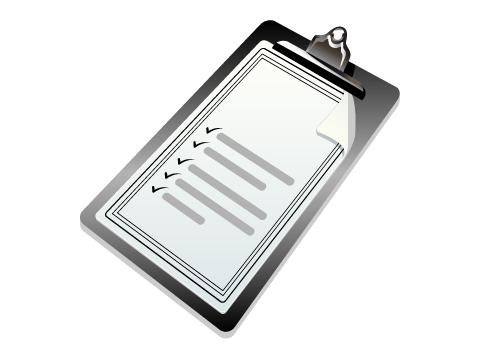You can use this checklist to get ready for your trip abroad.
Arrange for Travel Health Services, if needed:
☐ See instructions at UHS Travel Health Services
Prepare for your trip:
☐ Provide emergency contact information through the U-M Travel Registry, which helps the University facilitate communications in case of an emergency. This is recommended for all faculty, staff, and students traveling outside the US on University-related activities.
☐ Arrange for Travel Abroad Health Insurance: All U-M students, faculty and staff traveling abroad for U-M-related activities are required to have the U-M Travel Abroad Health Insurance. It is also available for students, faculty and staff on leisure travel abroad.
☐ Visit the Transportation Security Administration website for information about security and packing including medication and medical devices.
What to bring:
If you use prescription medications and/or supplies:
☐ Take enough medication refills to last your entire trip, including some extra just in case. Call your insurance company a few weeks before leaving to get a vacation override if you will be out of the country for an extended period of time.
☐ Keep medication in the original, labeled containers to avoid confusion and to use as a reference.
☐ If you take a narcotic or any injectable medication, obtain a signed and dated letter from your prescribing physician that describes your medical condition and necessary medications.
☐ Verify the country you are traveling to will allow your medications by visiting that country's consulate webpage.
☐ If you have health conditions that may require emergency care, such as diabetes or serious allergies, carry a card or wear a bracelet.
If you wear prescription glasses or contact lenses, bring:
☐ A copy of your prescription (numbers are recognized worldwide)
☐ Spare glasses and contact lens case
☐ Glasses repair kit
☐ Ample supply of your brand of contact lens solution
Create a self-care kit, which may include:
☐ Anti-diarrhea medication (e.g. Imodium)
☐ Antifungal / anti-itch medication
☐ Band-aids
☐ Bee sting kit (if allergic)
☐ Cold and cough remedies
☐ Disposable gloves
☐ Feminine hygiene products
☐ Hand sanitizer
☐ Heartburn medication (e.g. Tums, Pepcid)
☐ Insect repellent (30-35% DEET)
☐ Laxative (mild)
☐ Moleskin for blisters
☐ Pain / fever reliever (e.g. ibuprofen)
☐ Safer sex products (if needed)
☐ Sunscreen and burn medication
☐ Thermometer
☐ Tweezers
☐ Water disinfectant (tincture of iodine)
Bring contact information for getting health care while abroad, if needed:
U-M Travel Abroad Health Insurance will arrange for and coordinate care. After you enroll, download the GeoBlue app from your app store, then log in with information in the confirmation email you receive.
International Association for Medical Assistance to Travelers lists English-speaking doctors who are on duty 24 hours a day and have a set fee schedule. Membership is free.
The US embassy within the country you are visiting can help you locate English-speaking doctors. They can also notify your family and friends in the event of an emergency.
See also:
- U-M International Center offers recommendations for health and safety abroad
- UHS Travel Health Education Program can help you learn about health and safety

